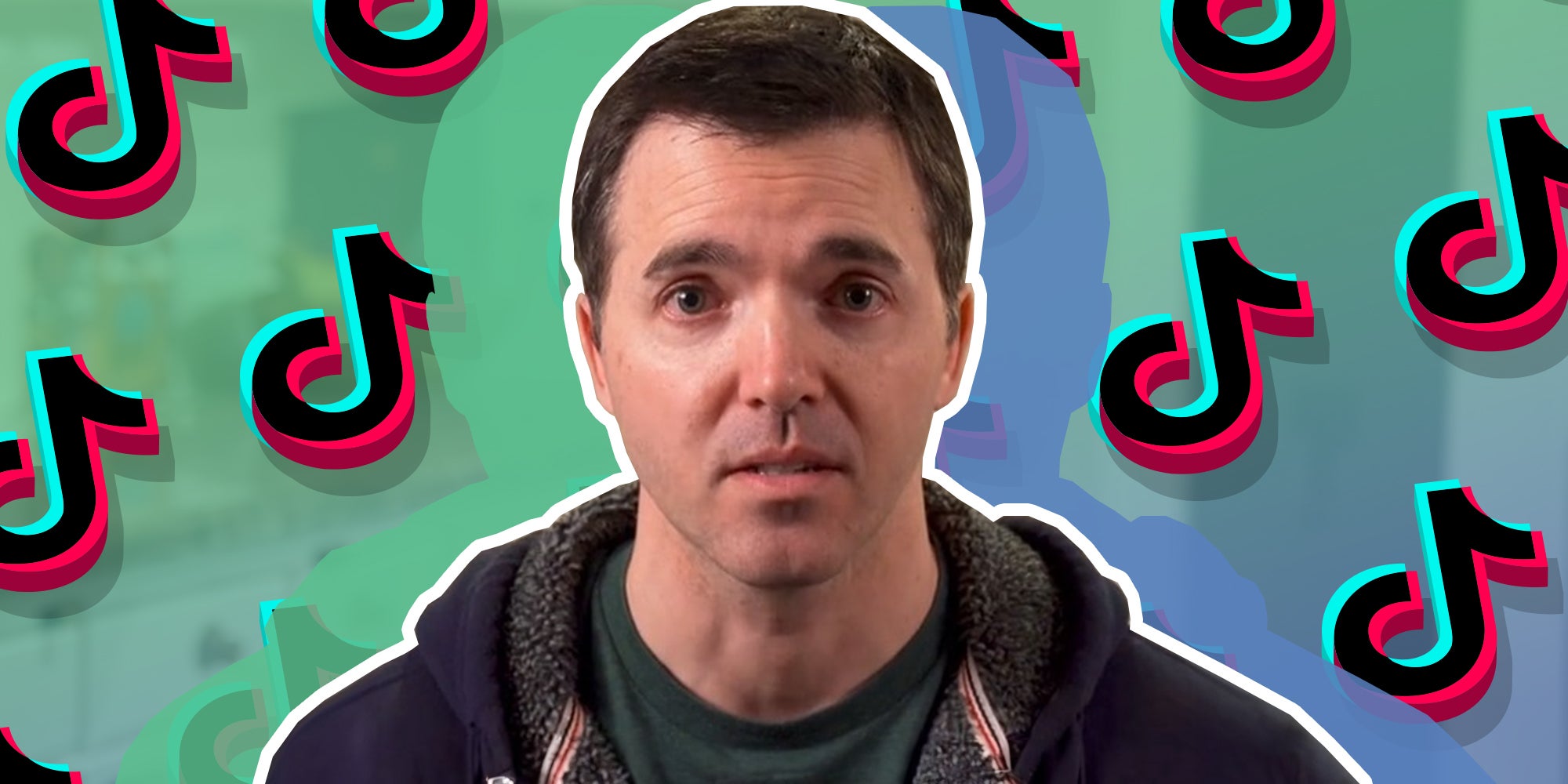
On March 13, the United States House of Representatives approved legislation that could potentially lead to TikTok’s ban. The “Protecting Americans from Foreign Adversary Controlled Applications Act” would require ByteDance, TikTok’s Chinese parent company, to sell the highly successful video platform to another company or risk the app’s ban in the US.
The bill passed on a 352-65 vote with bipartisan support. It pulled in the usual tech-fearing ghouls like Kentucky Republican Harold Rogers and California Democrat Nancy Pelosi. But there were also some surprising supporters of the bill, including members of Congress who supported the app and have used it to connect directly with constituents.
The most successful has been North Carolina Democrat Jeff Jackson. Jackson amassed 2.3 million followers on the platform by promising to give a never-before-seen insight into the political process. He pulled in millions of views by talking candidly about late-night congressional Zoom calls to avoid financial collapse, the “fake anger” of some of his colleagues, and his desire to run for his state’s Attorney General.
The goodwill overflowed — until TikTok discovered that Jackson had voted yes on the bill that could ban the platform.
After the vote, Jeff Jackson posted a now-deleted video claiming that there is “a serious concern that the Chinese government can influence what you see on your For You page” and that TikTok “will misinform people on a huge scale and then manipulate political behavior.”
Bytedance CEO Shou Chew has repeatedly told Congress that ByteDance is not owned or controlled by the Chinese government. According to the Intercept, U.S. Intelligence has “produced no evidence that (TikTok) has ever coordinated with Beijing.”
Over the next week following his vote, Jackson lost over 200,000 TikTok followers, according to SocialBlade. Users flooded the app with stitches and takes on the situation. One said Jackson “lost all credibility.” Another said, “As someone who won their fame on TikTok, we expected better.”
Some members of Congress also shared their thoughts, like California Democrat Ro Khanna who said in a video viewed 1.4 million times that it’s “hypocritical” to “go to TikTok to get votes and then voted or supported the ban on TikTok.”
On Saturday, Jeff Jackson posted an apology video on TikTok, saying he “did not handle the situation well” but he stands by his vote because he’s “been a part of some briefings about this app that were genuinely alarming.” He claims that trying to force the sale would make it a “better app.”
(Jackson’s office did not return our request for comment by publication time.)
TikTok is a powerful app, with over 150 million users a month in just the United States. Politicians understand its power and can get elected by mobilizing their audience, especially in 2024.
Even President Joe Biden, who recently supported the legislation that might ban TikTok, is still posting memes on his TikTok account to try to attract young voters in the upcoming 2024 election.
According to the Pew Research Center, 43 percent of TikTok users said they regularly got their news from the app. That’s up from 22 percent just three years ago. Meanwhile, Facebook, X, and Reddit news consumption are all on the downward slope.
There’s no doubt that we have no idea what most of these tech companies are doing with our data after we willingly give them our likes, needs, and wants. TikTok isn’t unique when compared to the other platforms. It just gets targeted more because of xenophobia based on its Chinese origin.
If we had smarter politicians, they would focus on regulation around how our information gets handled and accessed. Or, they would tackle even more niche problems, like deepfakes or offshore crypto gambling sites.
Instead, we get politicians pushing a ban that could seriously harm the free internet. All in the guise of saving the kids.




